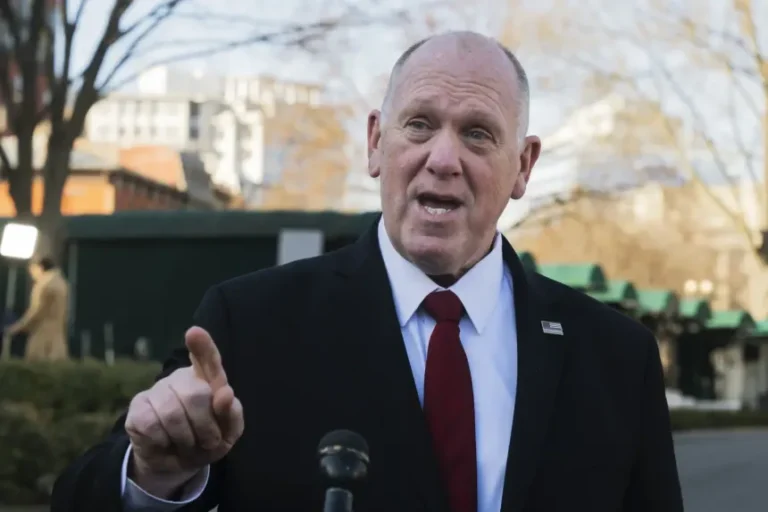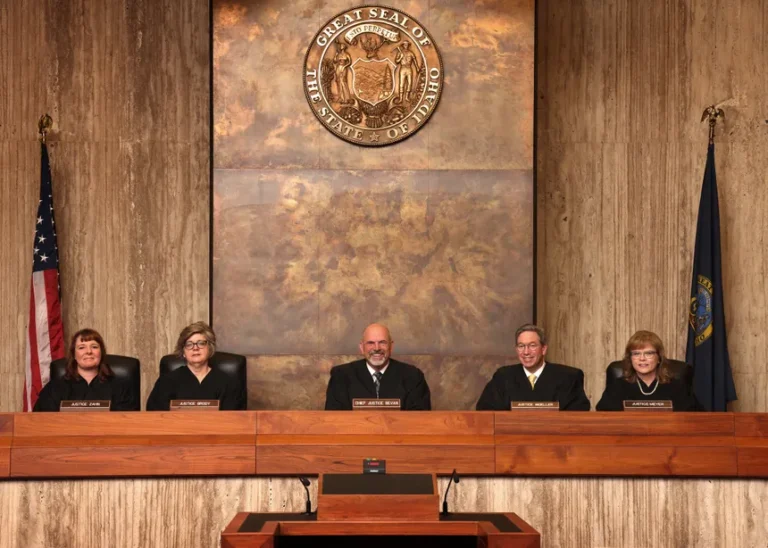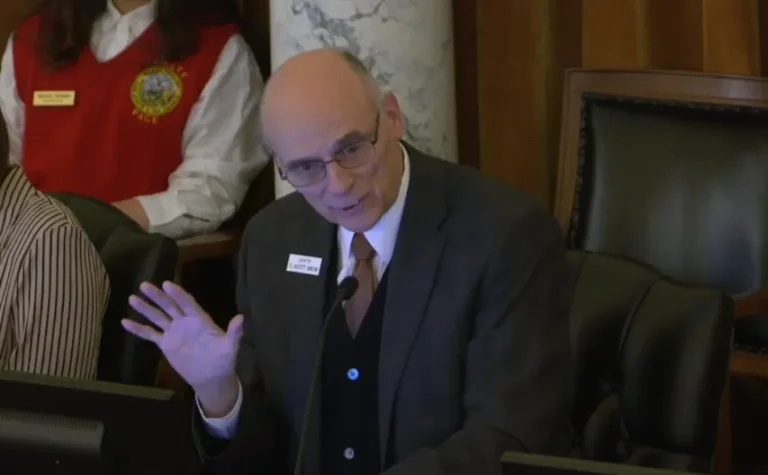
WASHINGTON, D.C. — Elon Musk has formally stepped down from his role as a senior adviser in President Donald Trump’s administration, ending a high-profile and often controversial tenure leading the Department of Government Efficiency (DOGE). Musk’s departure follows months of internal conflict, failed budget cutbacks, and open criticism of the administration’s latest spending package, commonly referred to as the “Big Beautiful Bill.”
The announcement was made Wednesday evening through a post on Musk’s social media platform, X. He thanked Trump for the opportunity to serve as a Special Government Employee and stated that the DOGE mission would “only strengthen over time.”
Musk’s Tenure Marked by Budget Clashes and Agency Resistance
Initially tasked with streamlining federal operations, Musk entered Washington with a goal of slashing $2 trillion in government spending. Over time, that target was scaled back to $150 billion amid internal resistance and political headwinds. Several agencies were significantly downsized under DOGE oversight, and tens of thousands of federal jobs were eliminated.
Despite these efforts, Musk faced strong institutional pushback. His attempts to restructure departments met resistance from longtime political appointees and cabinet officials. His relationship with other senior members of the administration grew strained as his efforts drew both political and public scrutiny.
Break with Trump Over Federal Spending
Musk’s departure comes just one day after publicly criticizing Trump’s signature legislative initiative. Speaking in an interview with CBS, Musk expressed disappointment with the bill, which combines tax reforms and stricter immigration enforcement. He referred to it as a “massive spending bill” that contradicts DOGE’s goals of reducing waste and curbing deficits.
“I think a bill can be big or it could be beautiful,” Musk said. “But I don’t know if it could be both.”
President Trump, in a briefing from the Oval Office, defended the legislation, acknowledging it was a political compromise. “We’re going to see what happens,” he said. “It’s got a way to go.”
Lawmakers React to Musk’s Exit
Reactions from Capitol Hill were mixed. Speaker Mike Johnson acknowledged Musk’s contributions and emphasized the importance of DOGE’s cost-saving findings moving forward. Johnson also confirmed the White House would soon submit a rescission package to Congress proposing $1.1 billion in cuts to public broadcasting and $8.3 billion in foreign aid.
Some Senate Republicans echoed Musk’s concerns. Sen. Ron Johnson (R-WI) noted that opposition to the bill could stall its progress and called for more aggressive reductions. Sen. Mike Lee (R-UT) added, “The Senate version will be more aggressive. It can, it must, and it will be. Or it won’t pass.”
Only two House Republicans — Warren Davidson (OH) and Thomas Massie (KY) — voted against the bill in its current form. Davidson later referenced Musk’s remarks, writing, “Hopefully, the Senate will succeed with the Big Beautiful Bill where the House missed the moment.”
A Mixed Legacy and Uncertain Future
Though Musk entered government with ambitions of redefining how Washington operates, his tenure was marked by incomplete reforms and budgetary friction. In a reflective interview with The Washington Post, he said, “The federal bureaucracy situation is much worse than I realized.”
He added that he would scale back his political involvement going forward, saying, “I think I’ve done enough.”
Musk was one of Trump’s most prominent outside supporters, contributing over $250 million to the campaign and using his personal platforms to advocate for fiscal restraint. At one point, he converted the White House driveway into a Tesla showroom as a symbolic show of support.
While his future role in public policy remains unclear, Musk’s departure signals a major shift in the administration’s internal power dynamics, particularly regarding spending and government reform.
Budget Impacts of the “Big Beautiful Bill”
Independent Forecast (CRFB): $3 trillion added to national debt including interest
Tax Provisions: Estimated to increase federal deficits by $3.8 trillion over 10 years
Spending Cuts (Medicaid, SNAP, etc.): Approximately $1 trillion in savings
CBO Outlook: Net increase in debt projected





